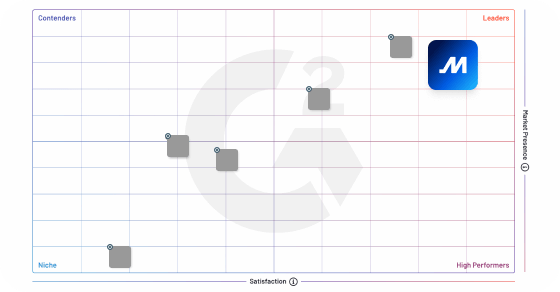The International Fuel Tax Agreement (IFTA) reporting is a requirement for all carriers operating commercial vehicles that travel across different jurisdictions in North America. It is an agreement between the United States and Canada, as well as ten other U.S. states and two Canadian provinces, that simplifies the reporting of fuel use by interstate carriers. The goal of the IFTA reporting is to ensure equitable distribution of fuel taxes between states and provinces.
The IFTA reporting system is designed to standardize the collection of fuel taxes for motor carriers who operate in different states or provinces. IFTA requires carriers to file quarterly fuel tax reports that show how much fuel they purchased and consumed in each jurisdiction. To make calculations easier, carriers are required to keep track of their mileage traveled and fuel purchased in each state or province. The reports must be filed even if the carrier did not purchase any fuel in a particular state or province.
Carriers must register for IFTA in each state or province where they operate. They are issued IFTA decals that must be displayed on each side of their commercial vehicles. These decals indicate that the carrier is registered and authorized to operate within the IFTA system.
Get answers to common IFTA questions.
Frequently Asked Questions
What fuel is reported in IFTA?
In the International Fuel Tax Agreement (IFTA), the fuel reported is typically the taxable fuel used by commercial motor vehicles operating in multiple jurisdictions. This includes diesel fuel and gasoline that is consumed by the vehicles during interstate or interjurisdictional travel. Under IFTA, carriers are required to track and report the total miles traveled and the total fuel consumed in each participating jurisdiction to determine the appropriate fuel tax obligations.
What is the meaning of IFTA?
IFTA stands for International Fuel Tax Agreement. It is an agreement between U.S. states and Canadian provinces that simplifies the reporting of fuel use taxes by interstate motor carriers. The agreement requires motor carriers to pay fuel taxes to their base jurisdiction, which then redistributes the taxes to other jurisdictions where the fuel was used. This agreement helps to ensure that motor carriers are paying the appropriate fuel taxes and reduces the administrative burden of reporting and paying taxes across multiple jurisdictions.
Get answers to more IFTA questions.
How to calculate the IFTA?
To calculate the International Fuel Tax Agreement (IFTA), you need to track the number of miles driven in each participating jurisdiction and the amount of fuel purchased. Then, divide the total miles driven in each jurisdiction by the total fuel purchased to determine the average miles per gallon. This calculation is repeated for each jurisdiction and the resulting data is used to calculate and file the IFTA report.
IFTA calculations can be simplified if you use a fleet card that tracks purchases for you.
What is a fuel report?
A fuel report is a document that provides information about the usage and distribution of fuel within an organization. It includes details such as the amount and type of fuel consumed, the cost of fuel, and any anomalies or discrepancies in the fuel usage. The report is typically used by management to monitor fuel expenses, identify areas of waste or inefficiency, and make informed decisions about fuel-related policies and procedures.



